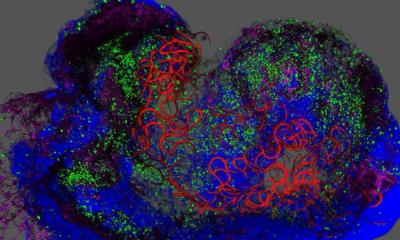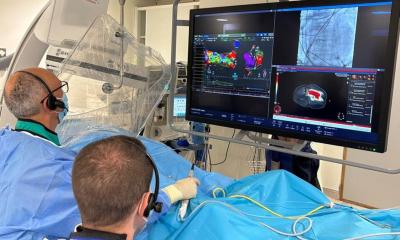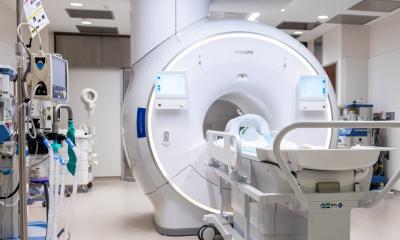Manufacturing reusable instruments
The manufacture of reusable instruments needs stringent care to meet constantly increasing processing regulations and also ensure survival in repeated heavy use.

Raw materials: ‘Due to experience in the production of reusable instruments since 1923, the manufacturer Gebr. Brasseler has placed great emphasis on high-quality materials. All incoming goods are subject to permanent controls, to ensure the instruments are stable and resistant enough for validated reprocessing cycles and repeated surgical use.’
Construction: ‘In Komet’s R&D department the instruments are very critically examined right from the start. It is only under this precondition that we can offer reusable instruments. A good example of the precaution is: The instruments have to be free of corners that might prove hard to reach during reprocessing and that might therefore become a dangerous source of contamination.’
Durability: ‘Only sharp instruments in perfect technical condition pass the final quality control at our headquarters in Lemgo, Germany. The product life of the individual instrument largely depends on the stress it must endure during operations. Careful controls during each validated reprocessing cycle are necessary to confirm the sharpness and reusability of the instruments before the next operation.’
Product details: Komet Medical, Gebr. Brasseler GmbH & Co. KG
E-Mail: info@kometmedical.de
www.kometmedical.de
30.04.2008





